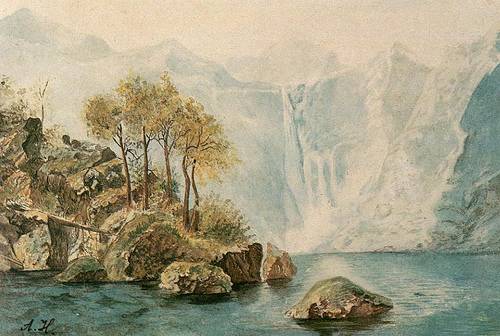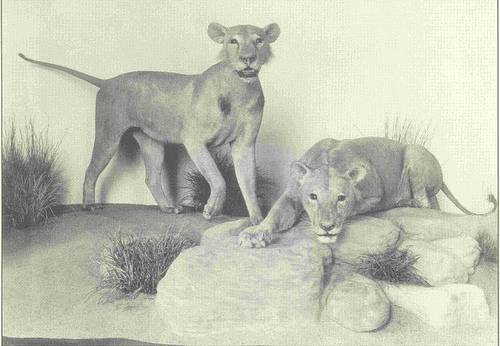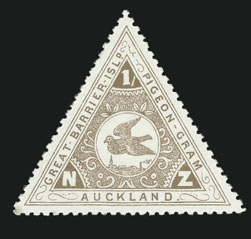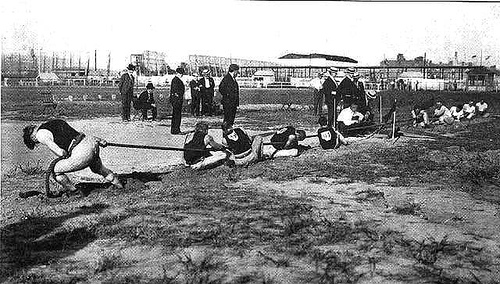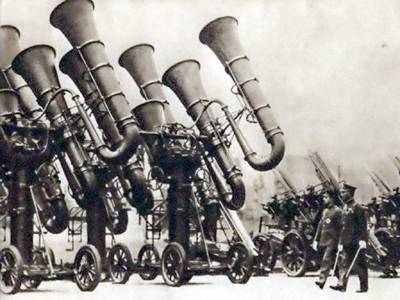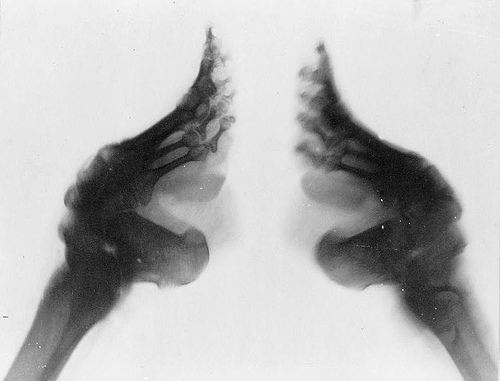This will be an eventful century, if our science fiction writers are right. Here’s what to expect:
- 2008: Jason Voorhees is captured. (Jason X)
- 2012: Aliens begin to colonize Earth. (The X-Files)
- 2015: Time travelers Marty McFly and Doc Brown arrive from the year 1985. (Back to the Future Part II)
- 2019: Former blade runner Rick Deckard agrees to do one more job. Ben Richards is forced to compete on The Running Man.
- 2022: New York City has become overpopulated, with 40 million starving citizens. (Soylent Green)
- 2035: Mankind lives in gigantic underground cities. (Things to Come)
- 2050: Newspeak eclipses oldspeak. (Nineteen Eighty-Four)
- 2052: New York City launches a giant ball of unwanted garbage into space. Experts warn the ball might return to Earth someday, but their concerns are dismissed as “depressing.” (Futurama)
- 2053: World War III. (Star Trek)
- 2062: The Flintstones arrive via a malfunctioning time machine constructed by Elroy Jetson. (The Jetsons Meet the Flintstones)
- 2063: First contact with Vulcans.
- 2084: Dancing is outlawed. Flash, Strobe, Laser and Pyro escape Earth to live on Moon Base Alpha to dance in freedom. (Dancemania)
Oh, and in the late 21st century Superman leaves Earth. Better hurry and get that autograph.

